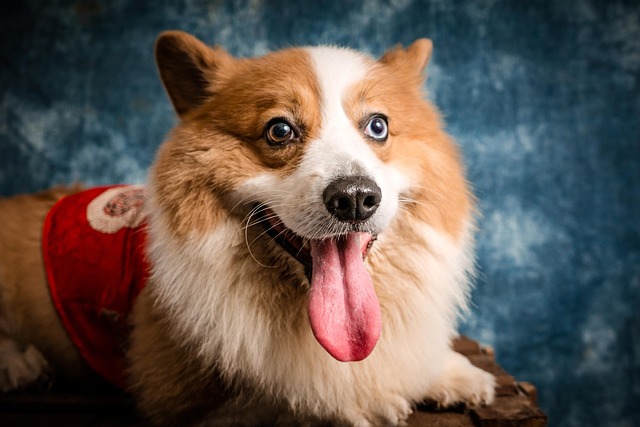
How can I tell if my dog's heatstroke is serious
Let’s be real: It’s a sticky August morning in Los Angeles, and you took your 2-year-old Golden Retriever, Max, for a walk a little later than usual
Picture this cozy scene: You’re finishing your morning cereal in your Chicago apartment, and your Labrador gives you that look – head tilted, eyes begging for the leftover milk. While sharing seems harmless, that innocent bowl could trigger a messy chain reaction. Here’s the biological reality: most adult dogs become lactose intolerant after weaning. They lose the enzyme lactase needed to digest milk sugar (lactose), causing undigested sugars to ferment in their gut. The result? Gas like a balloon, stomach cramps, and urgent diarrhea that might strike during your evening walk.
Imagine drinking a gallon milkshake after years without dairy – that’s your dog after lapping up cereal milk. Though some breeds with dairy-farm histories tolerate small amounts, studies show over 65% suffer digestive distress. Symptoms often hit within hours: frantic pacing, gurgling bellies, and accidents in apartment hallways. Crucially, never scold a dog for these accidents – punishing a physiological reaction violates animal welfare norms, increases stress, and is illegal under anti-cruelty laws. Instead, calmly clean up with enzyme-based cleaners and reassess your treat strategy.
If you’re determined to share dairy safely, opt for lactose-free alternatives like plain Greek yogurt (rich in probiotics) or veterinary-formulated "dog milk" products in tiny amounts. Always introduce new foods gradually – start with a teaspoon and wait 24 hours. For a zero-risk treat, frozen bone broth cubes or ice chips work wonders during summer heatwaves. Whatever you choose, store dairy securely – a stolen cheese block causes far worse lactose overload than a controlled taste.

After accidental dairy exposure, double your vigilance on walks: carry extra biodegradable bags since diarrhea cleanup isn’t just neighborly; it’s legally mandated in cities like Seattle under public health ordinances. In apartments, immediately wipe paws post-walk to prevent indoor messes.
This milk dilemma connects to broader responsible ownership practices. Ensure your dog’s core vaccines are current – dairy contaminated with salmonella poses extra risks to unvaccinated pups, and proof of immunization is legally required for dog parks in most states. Politely educate well-meaning neighbors who offer milk; suggest dog-safe alternatives like apple slices instead. Always maintain secure leash control during walks – a dog with sudden diarrhea might bolt across busy streets.
Remember that fresh water remains their optimal drink; dehydration worsens digestive upset. For anxious chewers, freeze low-sodium broth into lick mats rather than offering milk-soaked bread. By choosing science-backed alternatives and respecting community health laws (especially prompt waste cleanup), you prevent emergency vet trips and keep neighborhood relationships harmonious – because nothing derails a park playdate faster than lactose-induced chaos.

Let’s be real: It’s a sticky August morning in Los Angeles, and you took your 2-year-old Golden Retriever, Max, for a walk a little later than usual

You're enjoying a summer afternoon at the park when you notice your dog has stopped panting and appears disoriented - their gums are bright red

Let’s paint the picture: You’re in your Denver apartment, watching your 4-year-old Boston Terrier, Ruby, plop down mid-play session with her favorite toy

Many dog owners notice their pets nails seem shorter after regular walks,but how much does this daily activity actually help?The answer depends on where you walk—concrete sidewalks or asphalt streets gently file nails as a dog's paws hit the ground

Most dog owners notice their pup scooting across the carpet at some point, but few connect it to impacted anal glands. These small sacs near a dog’s rectum secrete a scent for marking territory

Most vets agree that regular dog teeth cleaning is key to avoiding painful dental issues later. For healthy adult dogs, a professional cleaning at the vet’s office every 12 to 18 months usually works well.